What is Mental Wellness Month?
Did you know that January is Mental Wellness Month? According to the National Institute of Mental Health, about one out of every five U.S. adults suffer from mental health issues. Mental Wellness Month helps raise mental health awareness while encouraging individuals to prioritize their mental well-being, and it couldn’t come at a better time. Directly following the holidays and the celebration of the New Year, many people start feeling sad, depressed, stressed, and anxious as they begin to get back into their daily routines. These feelings are associated with post-holiday blues.
The National Alliance on Mental Illness reports that about 64% of people experience post-holiday blues. Although the post-holiday blues are temporary, the feelings of depression, anxiety, stress, etc., should still be taken seriously, as they can lead to long-term mental health issues. Since Mental Wellness Month serves as a reminder to prioritize your mental wellness, Ronald Clark wanted to share healthy ways to manage your mental health to help get you through the post-holiday blues and the rest of the year. Let’s start by introducing Clark.

Who is Ronald Clark?
Clark is the Community Services Manager of Camino Contigo, the behavioral health program at Camino Health Center. He is a North Carolina Certified Peer Support Facilitator, a Wellness Recovery Action Plan (WRAP) Facilitator and a QPR Suicide Preventative Instructor. At Camino Contigo, Clark manages peer support rollout and helps people struggling with substance use disorder and mental health challenges. In his line of work, he primarily works with individuals who struggle with depression and anxiety. Throughout this blog, Clark will equip you with healthy ways to manage your mental health.
1. Practice mindfulness and identify the problem
According to Greater Good Magazine, mindfulness is the state of being aware of your thoughts, feelings, bodily sensations, and the surrounding environment by focusing on the present moment. Clark believes practicing mindfulness allows you to control your thoughts and feelings in stressful situations. He also believes practicing mindfulness can help you identify the things that trigger unwanted feelings of depression, anxiety, stress, etc. Once you know what triggers you, you can develop a specific response to them to better control your emotions. For example, maybe you realize that being around a specific family member is a trigger. Instead of avoiding that family member, you can prepare yourself for interactions with that person by planning specific responses to some of the things they might do or say. By developing specific responses to your triggers, you can gain control over your emotions and mental state in unsettling situations.
2. Find someone you can talk to
Clark says that finding someone you can talk to is extremely beneficial in managing your mental health. Whether it is a friend, a family member, a significant other, or a licensed professional, talking about your problems/feelings allows you to relieve some of the stress you may be feeling. Clark advises us not to isolate ourselves from people that care about us. Isolation can lead to increased feelings of loneliness, depression, and anxiety, which is what we don’t want. Instead, he recommends surrounding yourself with friends, family, or anyone/anything that brings you comfort. Doing so can decrease these unwanted feelings.
3. Change your ways of thinking
If someone is struggling with mental health challenges, it is easy for them to focus on the negative things in life. However, focusing on the negative only increases the negative feelings. Clark says that by thinking positively about life and practicing gratitude, you can decrease feelings of depression, anxiety, and stress. By identifying the positive things in life, you are rewiring your brain to think more positively. He also mentioned the idea of watching what you consume. In this case, he’s talking more about the content and media you consume rather than food. He says if you are someone dealing with these mental health challenges, consuming music that sends a negative message can increase unwanted feelings. For example, if you are struggling with depression, you should not listen to sad music. It will only intensify the sadness you feel. Instead, you should listen to more upbeat music. The same goes for television and movies. If you are anxious, maybe a scary movie or a thriller is not the best choice. A comedy film or tv show might be a better option.
4. Practice self-care
According to activeminds.org, self-care is the act of taking care of your mind and body by engaging in activities that improve health and reduce stress. Healthy ways to practice self-care include exercising, eating healthy, journaling, meditating, taking a walk, cooking, cleaning, doing yoga, and much more. Clark believes the ways to practice self-care are different for everyone. As long as you participate in activities you enjoy that reduce your stress, you can practice self-care. When Clark feels unwell, he enjoys playing basketball with his grandchildren or spending time with his family. He advises you to develop your self-care plan and to make it a part of your routine.
5. Get adequate sleep
It is no secret that sleep is important for a healthy mind. According to the Sleep Foundation, poor sleep can induce or worsen depression and activate anxiety in people who are susceptible to it. Clark recommends prioritizing quality sleep to ensure adequate rest for the mind. The amount of sleep one needs varies by individual, but as a rule of thumb, healthy adults should get between seven and nine hours of sleep each night. When you prioritize quality sleep, you allow your brain time to rest and recover, which can sometimes reduce symptoms of depression and anxiety.
6. Seek professional help
Practicing the tips mentioned throughout this blog can help individuals manage their mental health. However, these tips are not a guaranteed solution to your mental health challenges. Clark says that the definition of wellness is different for each individual. He understands that sometimes you may need more than a few tips to overcome mental health challenges if you want to get well and stay well. Clarks wants to remind you that if you or someone you know is struggling with mental health, you are not alone. The licensed professionals at Camino Contigo are here to assist you with all your mental health needs. Give them a call today at 704.596.5606 to speak with a trusted provider, or visit their website at https://caminosalud.com/contigo/ for more information.






